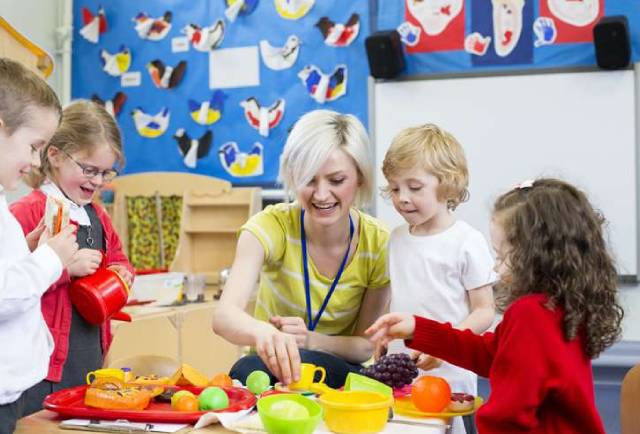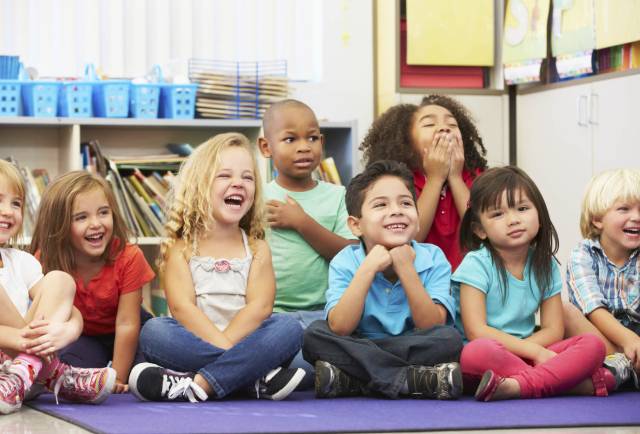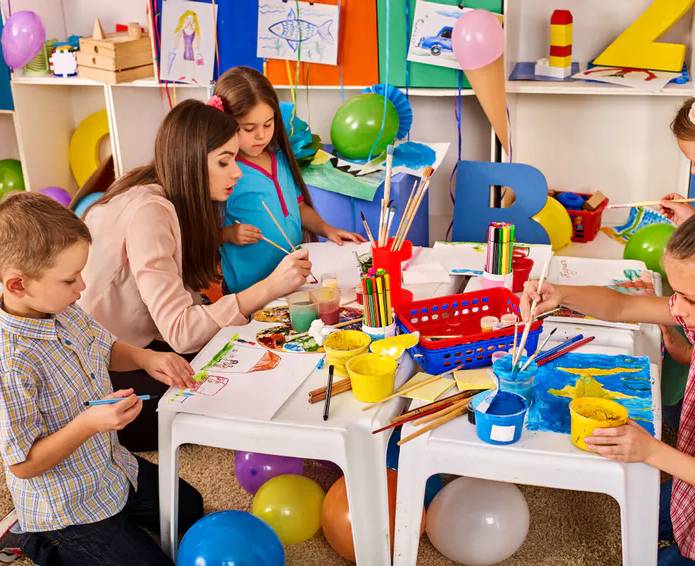EYFS Framework at Ladybird
Learning & Development
At Ladybird Nursery we work with the ‘Early Years Foundation Stage’ framework to recognise and value your child’s growth and development. The EYFS is a single quality framework to support children’s learning and development from Birth to 5 years (end of child’s reception year).


The framework recognises that there is a development continuum for children, and this is reflected in the development and learning grids. The framework is based on 4 Themes and Principles and supported by 16 commitments. It recognises children as individuals and competent learners. The EYFS is delivered through a well-planned play-based approach to learning and development.
EYFS Framework
Discover How Children Learn Through Play

Support Learning through Early Years
For all children learning begins at birth. The EYFS will help practitioners provide appropriate play experiences to enable your child to develop in all areas. It will enable practitioners to recognise your child’s strengths and areas they need more support to develop new skills.
For young children it is important that they are made to feel safe and secure in their surroundings, this is aided by having a ‘Key Person’ within the setting who gets to know you and your child well and builds a positive relationship with you both. The EYFS means that wherever your child is cared for or educated between 0-5years they will be following the same set of principles; they will be offered a ‘Principled Play Based Approach to Learning and Development’.
Young children learn best through play and Early Years Practitioners will be able to provide your child with appropriate play and learning experiences for their stage of development and help them develop new skills. The activities that are provided for young children will underpin the skills they need to work towards the Early Learning Goals in the following areas at the end of their reception year at school.
- Communication, language and literacy
- Personal, social and emotional development
- Problem solving, numeracy and reasoning
- Creative development
- Physical development
- Knowledge and understanding of the world
All areas are of equal importance and many activities will cover many of the areas. Each area is divided up into stages of development and practitioners are able to identify resources and learning opportunities for individual children dependent on their developmental needs.
